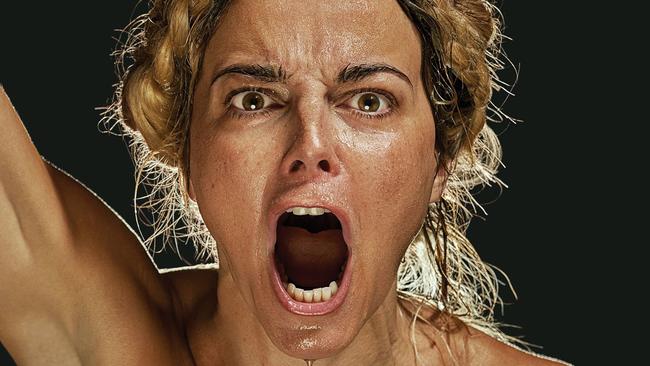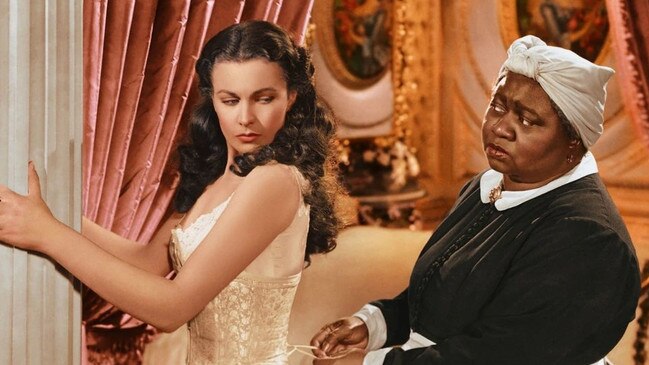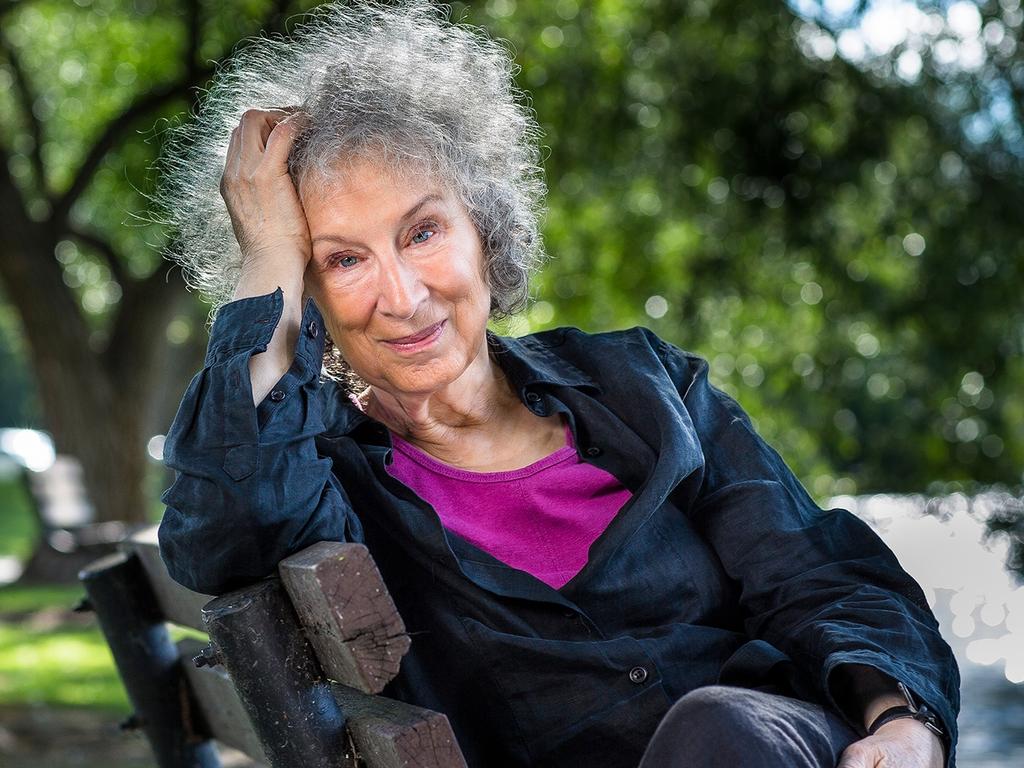
So did Thomas and Stephen Bulfinch improve Shakespeare’s line in their 1865 edition of Macbeth, having determined the unsuitability of “damned” for a broader audience.
In this the brothers followed the earlier example of English physician and writer Thomas Bowdler. His editions of The Family Shakespeare became a byword for the censoring of texts to guard the sensibilities of women, servants and children.
Though “bowdlerise” became a verb, it also became something of a joke during a time of new openness in post-war decades. This was a period when permissiveness around language and ideas – a sense that taboos were better aired than observed – became the norm.
Now something has shifted again. In recent years, as the internet has flooded our attentional commons with pornography and rhetorical bile, both sides of politics have sought to re-establish themselves as arbiters of what the rest of us may see, hear or read.
The right, with its attacks on libraries and enthusiastic book bans, has sought to thwart the future and new social configurations that come with it, whether relating to trans kids or same-sex couples. The left has tended to look backwards – censoring the sins of the past from the vantage of an impeccable present.

It is in this latter context that we should understand the Australian Classification Board’s recent request that it be given rolling powers to litigate the worthiness of books, films and television in the light of evolving community standards. The proposal, placed before the Albanese government’s censorship review, seeks to alter ratings for works whose relationship to the present moment has grown vexed. It may not be outright censorship; it is certainly bowdlerisation of a kind.
On one hand, bureaucrats behind the move claim a referee’s neutrality. They are merely alerting us to artefacts of culture grown rancid across time. On the other, performative apoplexy arises from those who do not wish to see Little Black Sambo removed from sale at bookshops, while reserving the right to be appalled by drag queen reading hour at their local library.
Such contestation is not the point. Argument over which subjects should be out of bounds for page or screen holds art hostage for political purposes; it’s culture war catnip. What’s actually at stake is far more important. It has to do with the past’s relationship to the present.
The strongest argument against retrospective emendations or erasures of older texts or films is not that doing so offends our own tastes or ideological bent. It is that doing so extinguishes the potential for communication between what came before and what is the case today – that dialogue between then and now without which no future can be made.
Take William Faulkner. He was one of the past century’s superlative novelists, a man justly celebrated for his work. But Faulkner was also a southern gent in an era when explicit racism was a fact of life. His fiction reflects the language and mores of a different time.
If we are to bowdlerise Faulkner’s language so it stays in line with “modern community attitudes”, we falsify that past. A kind of airbrushing has occurred, however benignly intended.
But the glory of Faulkner is to enter a world of which we, in the present, are not a part.
The reader is confronted by his older reality, altered and enlarged by it. Faulkner’s past and my present are fused in the act of reading. I would like to think that The Sound and the Fury and Light in August have left me more attuned to the tragedy of race relations in the American south (and by extension everywhere), not just inured to instances of the N-word.
Or take a contemporary example. Bridgerton is an immensely popular TV show in which a decision was made to practise colourblind casting. It depicts a Regency England in which black aristocrats mingle with the usual pale Anglos. This auto-bowdlerisation, though admirable in its way, creates a fantasy Britain in which slavery, the basis of those same aristocrats’ wealth, is obscured. It lets bad history off the hook.
The flaw in the bureaucrats’ plan lies here, in cheap wins and facile literalism. Euripides’ The Bacchae describes a drug-fuelled orgy that ends in murder by dismemberment. Lavinia in Titus Andronicus is raped and then suffers the loss of her hands and tongue so she cannot name her abuser.
No evolution of community standards is likely to find such material acceptable. Yet in these plays’ extremity is the point; in them, we see human nature raw and unclothed. No bureaucrat should stand guard over the truths such works disclose.
Perhaps it would be better to encourage deeper reading, more sophisticated viewing. Then we could be treated as adults, not children to be shielded from stray expletives.
Geordie Williamson has been chief literary critic at The Australian since 2008.







“Out, crimson spot!”